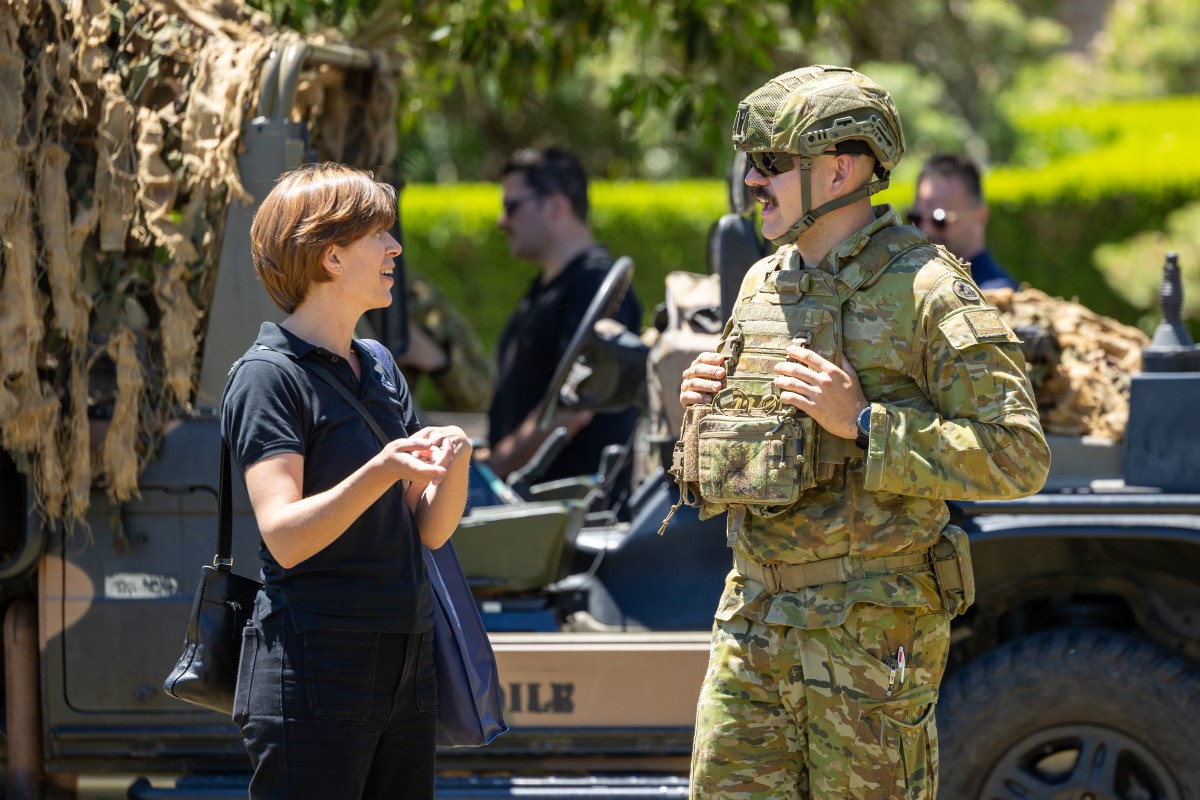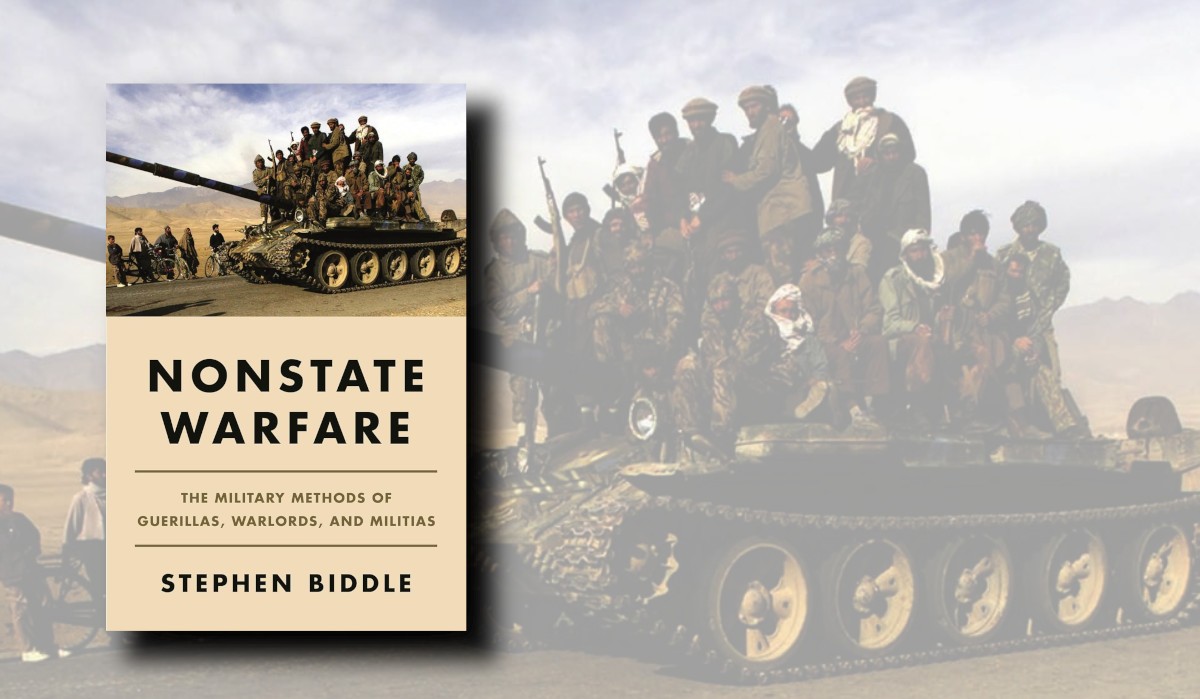The content in this article is an extract of Spotlight Brief 4/21.
COVID-19: Make it the Last Pandemic
Independent Panel on Pandemic Preparedness and Response – May 21
The World Health Organisation established the Independent Panel for Pandemic Preparedness and Response in September 2020 to provide an evidence-based path for the future. Its task was to draw from lessons in the present and from the past to ensure countries and global institutions, including the WHO, effectively address future health threats. They initially investigated why COVID-19 exploded like it did, presenting their findings and recommendations in this report. Critically, they found that the pandemic was preventable; that preparation was poor, alerts too slow and meek, the WHO underpowered, inequalities with responses, and a lack of global leadership. Of particular note, for COVID-19 and the future, the rate of zoonotic disease emergences is accelerating, yet nations underfunded and failed to stress-test preparedness systems. One surprising finding was national wealth had no bearing on the success or otherwise of containing COVID, an interesting concept for other organisations involved in similar planning and preparedness fields.
Related:
‘Learning from COVID’s ‘Chernobyl moment’’, The Harvard Gazette, 11 Jun 21
‘How to plan for future pandemics’, Bangkok Post, 10 Jun 21
‘COVID-19 warnings were ignored, independent review of global response finds’, ABC News, 12 May 21
‘Post-Covid disaster governance in Southeast Asia’, The Interpreter, 07 May 21
‘Why did the world’s pandemic warning system fail when COVID hit?’, Nature, 23 Jan 21
To Blame or to Support? Large-scale Insurgent Attacks on Civilians and Public Trust in State Institutions
International Studies Quarterly – Mar 21
This article identifies that while there is significant work in understanding public attitudes towards government institutions within Western nations that suffer terror attacks, there is much less work on nations already in a warlike state. Such an understanding is critical for both the nation at war, as well as supporting nations. Annekatrin Deglow and Ralph Sundberg review two hypotheses: that individuals rally to support State institutions or that individuals seek to punish the State for failing. Deglow and Sundberg use Afghanistan as their exemplar, due to the high levels of attacks. Their focus is the Spozhmai Hotel attack in 2012 and find that, while there are further areas of research needed in different types of attacks, the former response is more likely.
Related:
‘New study shows Norwegians disagree about who was impacted by the terror attacks in 2011’, Science Norway, 13 Jun 21
‘Public Trust in Government: 1958-2021’, Pew Research Center, 17 May 21
‘The blame game in international politics: Part I’, The World, 13 Apr 21
‘Rebuilding trust in government’, Deloitte, 09 Mar 21
‘Restore Trust in National Security Institutions’, Center for Strategic & International Studies, 22 Jan 21
Education Crisis, Workforce Preparedness, and COVID-19: Reflections and Recommendations
American Journal of Economics and Sociology – Mar 21
The COVID-19 pandemic had a significant impact on the global education sector. This article examines the consequences of the pandemic on workforce preparedness, as well as on ‘the future of work’ agenda. Its main finding is that the education sector was already at a point of inflection, suffering from out of date processes and high costs. The authors highlight the increased use and adoption of digital tools, the push to online learning (and the actual time this requires to deliver a quality product) and the question as to push versus pull. The push-pull dynamic reflects organisations preference to push technical type topics and ‘hard’ skills (like coding or project management), but that students and employees prefer ‘softer’ skills (like leadership or well-being). The article’s view of education is relevant to the Army as it highlights the importance of the balance of ‘soft’ versus ‘hard’ skills in education and drives questions as to how the ‘Training Transformation’ approach might continue.
Related:
‘How COVID-19 is ending the stigma of online learning’, World Economic Forum, 01 Jun 21
‘A reimagined Australia requires new skills – and this impacts everyone’, Grant Thornton, 28 Apr 21
‘The rise and rise of edtech higher education providers’, University World News, 06 Mar 21
‘17,000 Uni Jobs Lost to COVID-19’, Universities Australia, 03 Feb 21
‘It’s getting harder to predict the future of HE’, University World News, 16 Jan 21
Building effective networks for the transition from the military to the civilian workforce: Who, what, when, and how
Military Psychology – Apr 21
The transition from military to civilian life is something that almost all ADF members face. It is an enormous change, and for many it is fraught with challenges that can pose significant issues. Adding complexity is that it is not one change, but two simultaneous changes: a shift from a military organisation to a civilian one but also a shift in identity. These authors note how networks enable effective transition from the military. They then define the next two steps to develop a smoother transition: what and when resources are best offered and how the member builds their own networks across several areas. While there are still gaps in the process and our understanding of it, this work provides a significant advancement in understanding the underlying human natures that need addressing or building to lessen transitional shocks.
Related:
‘5 tips for how to successfully transition out of the military’, Task and Purpose, 10 May 21
‘‘It was hard’: Australian veteran details her struggle to transition into civilian life’, 7 News, 25 Apr 21
‘For many military veterans, leaving the force is the biggest battle’, The Conversation, 26 Mar 21
‘Partnerships needed to support the military-to-civilian transition’, The Hill, 06 Mar 21
‘Managing our people through the Capability Life Cycle’, The Cove, 19 Jan 21



